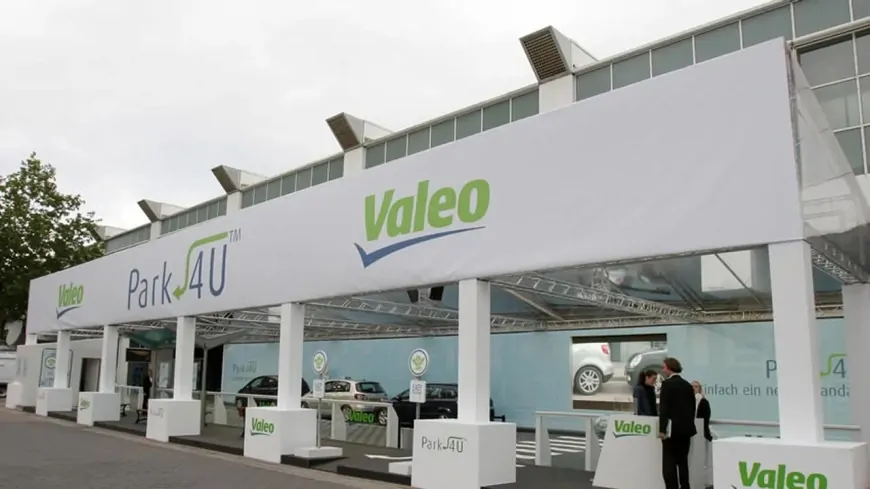Novares, Valeo Force Customers to Pay 25% U.S. Auto Tariff Upfront as Trump Trade Move Hits Hard
French auto suppliers Novares and Valeo demand full upfront payment for U.S. tariffs, exposing the real cost of Trump’s latest trade crackdown.

French auto parts makers Novares and Valeo are now demanding that customers pay the full cost of newly imposed U.S. tariffs upfront, as the 25% import duty on foreign-made vehicles begins to disrupt global supply chains. The move highlights the strain President Donald Trump’s tariff strategy is placing on international carmakers and parts suppliers.
As of April 3, the U.S. began collecting a 25% tariff on imported autos and parts — a policy Trump says is aimed at supporting domestic manufacturing and job creation. However, industry experts warn that the tariffs could increase car prices by thousands of dollars, potentially reducing sales and putting pressure on employment in the auto sector.
Suppliers Say “No Room to Absorb the Cost”
Pierre Boulet, chairman of Novares, which supplies plastic components to roughly one-third of the world’s vehicles, made the company’s position clear: “For us, it's simple — payment in advance or no customs clearance.” The firm operates five manufacturing plants in Mexico, where many of its parts are now subject to U.S. import duties.
Similarly, Valeo — known for its driver assistance and lighting systems — is pushing the full cost of the tariffs onto customers, which include automakers with U.S. production facilities and American spare parts distributors. CEO Christophe Perillat stated that more than half of their customers have already agreed to cover the added cost. “We are taking the same approach for spare parts,” he confirmed.
Valeo currently operates 13 plants in Mexico, placing a significant portion of its production at risk of tariff impact.
Exemptions Under USMCA Still Apply — For Now
Some components from Mexico and Canada are still exempt from the new duties if they meet the requirements of the United States-Mexico-Canada Agreement (USMCA) enacted in 2020. However, industry insiders expect broader enforcement from May 3, when more products could fall under the new tariff regime.
Tire manufacturer Michelin, which ships products from Mexico and Canada to the U.S., told analysts this week that most of its goods remain exempt due to USMCA compliance. The company produces approximately 70% of the tires it sells in the U.S. within American borders, limiting the immediate impact of the tariffs. However, a spokesperson emphasized that the situation remains fluid, describing it as “evolving by the day.”
Industry Faces a Tipping Point
The push for full tariff compensation reflects the limited flexibility of auto suppliers already dealing with the transition to electric vehicles, which require fewer parts. For these companies, absorbing extra costs simply isn't viable.
As the U.S. trade stance continues to shift, carmakers and parts manufacturers alike are bracing for potential production slowdowns and higher vehicle prices — a ripple effect that may stretch across the global automotive sector in the months ahead.
Also Read: Ferrari Says U.S. Tariffs Won’t Affect Its Financial Goals































































